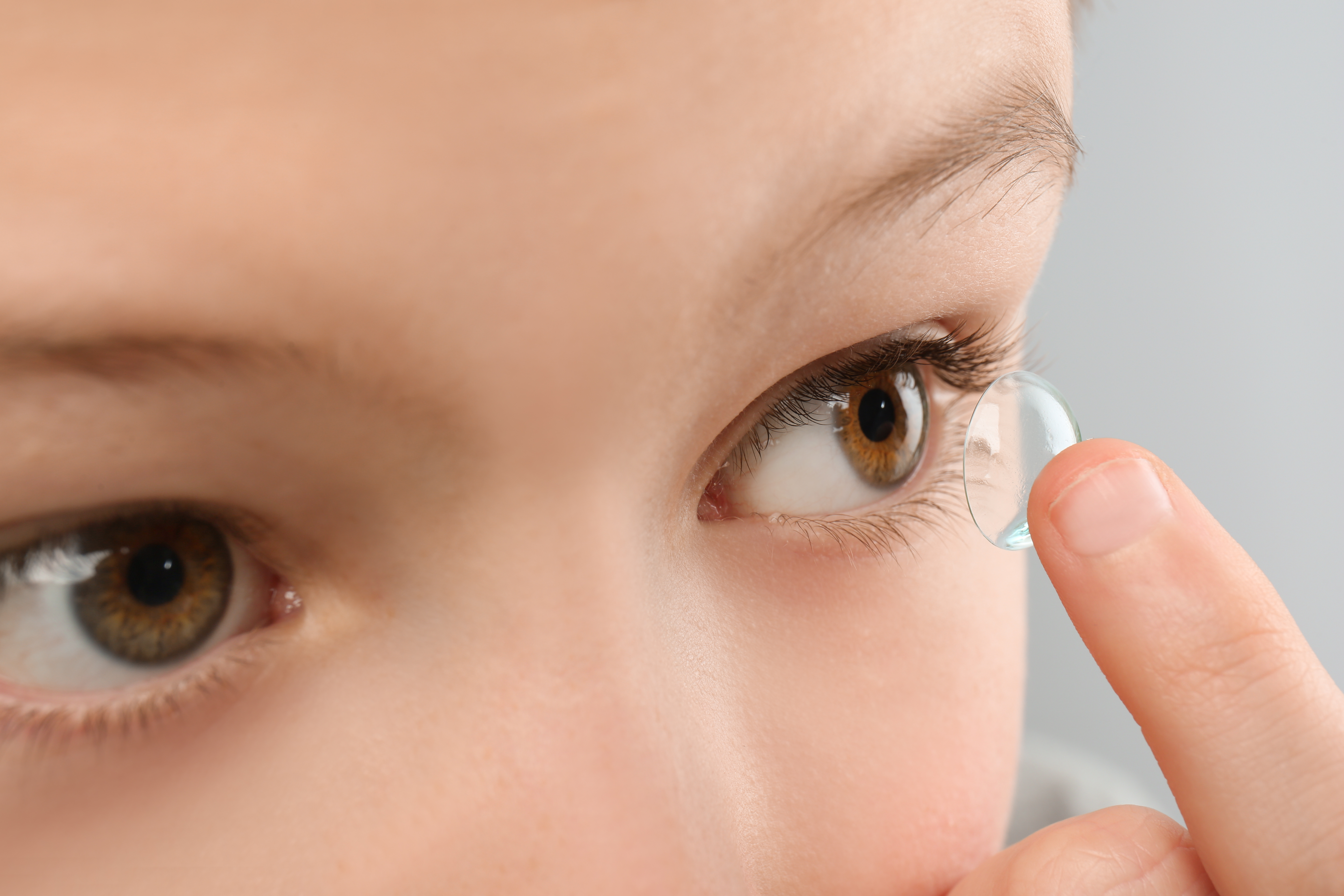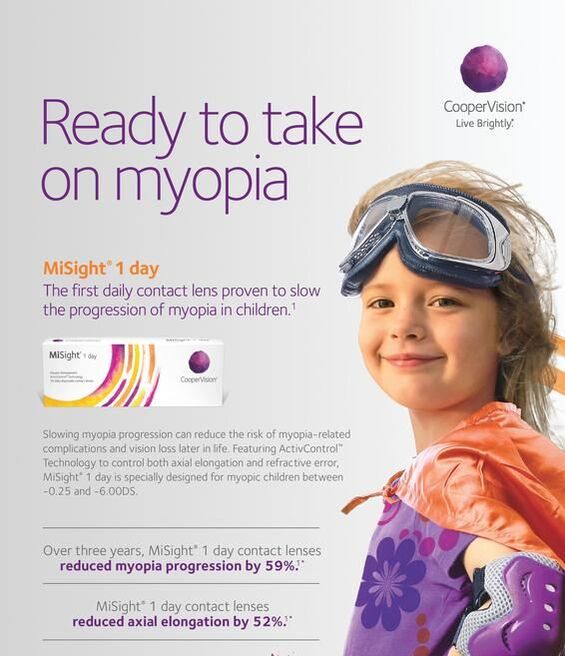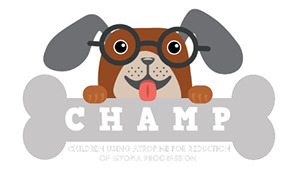Please see below information about and status of our ongoing clinical trials.
If you are an Eyecare practitioner and would like to refer your patients to us please visit this page. If you are looking to enrol yourself or your children into our trial please click here.

ABC is a 1-year study which involves the evaluation of the MiSight®, in comparison to other contact lenses which are all intended to slow the progression of juvenile-onset myopia in children. The principle of applying myopic defocus via a dual focus optical design is the basis for the MiSight soft contact lens. You can read more about the MiSight contact lenses by CooperVision here.
Recruitment is open.
SLOMES is a 2-year study which involves the evaluation of the Essilor Stellest®, spectacle lens which are intended to slow the progression of juvenile-onset myopia in children. SLOMES lenses which have highly aspherical lenslets (HAL) have previously demonstrated slowing of progression of myopia in trials in Asia, and this is the first trial of it’s kind to involve European children.
Recruitment is open.


The primary objective of ICONIC is to examine the impact of macular carotenoid supplementation on cognitive development in children, with the ultimate goal of understanding how best to optimise cognitive function and promote healthy development.
The study is an active controlled randomised clinical trial that will last 24 months and involves undergoing cognitive, vision and lifestyle assessments.
Participants aged 8-10 years ( 2nd to 4th) class are invited to take part in the trial for a 2-year period.
Open for recruitment. Register your interest here
TOAST will be investigating how eye colour can modify the effect of low-dose atropine on the eye. Participants will be aged 18-25 years old and will use 0.01%, 0.02% or 0.05% atropine eye drops at night for two weeks.
Over a 4-week period, we will assess how the low-dose atropine eye drops alter a person’s pupil responses or ability to focus on near objects and determine whether the effects of the eye drops are different between people with lighter coloured eyes (e.g. blue) compared to people with darker eyes (e.g. brown). The results of this study will help to understand what the optimum concentration of atropine is for people with different coloured eyes.
Trial was completed in March 2023.


The purpose of this clinical trial is to investigate the safety and efficacy of a new non-invasive treatment for myopia control called MyopiaX. The aim of MyopiaX is to slow the progression of myopia in children using a scientifically developed light stimulus and a child-friendly virtual reality game. It is known that light has a positive effect on eye growth and myopia prevention. The goal of our treatment is to provide effective light stimulation aimed at controlling eye elongation and therefore to slow down myopia progression.
Recruitment finished.
This clinical trial aims to study the safety and efficacy of low-dose atropine (0.01%) eye drops in treating myopia progression in children. Participants aged 3-15 years will be invited to take part in the trial for a 4-year period.
Recruitment finished, trial is ongoing and expected to finish in 2025.


MIST is a 3-year study which involves the evaluation of the MiSight®, in comparison to MiSight 2a and 2b which are all intended to slow the progression of juvenile-onset myopia in children. The principle of applying myopic defocus via a dual focus optical design is the basis for the MiSight soft contact lens. You can read more about the MiSight contact lenses by CooperVision here.

Recruitment finished, trial is ongoing and expected to finish in 2025.
There is no current therapeutic approach to the control and prevention of myopia, which is expected to affect one in three people worldwide by 2020, and represents the only major cause of blindness that is untreatable.
CHAMP and MOSAIC are the first European trials to explore the efficacy and safety of atropine for myopia prevention in a Caucasian population.
Trial was completed in October 2023.
.png)


The primary objective of CHAMP is to evaluate the safety & efficacy of 2 concentrations of atropine sulfate ophthalmic solution (0.01% & 0.02%) compared to placebo (vehicle) for the reduction of progression of myopia over a 3-year treatment period.

Trial was completed in October 2023.
.png)
Glaucoma is an age-related neurodegenerative condition that shares associations with cognitive decline, and is one of the major causes of blindness. The focus of the the European Nutrition in Glaucoma Management trial (ENIGMA) is to explore the role of macular pigment (MP), a nutritional biomarker believed to confer neuroprotection along the central nervous system, in glaucoma. This trial will be a first step to develop a novel nutritional therapy that can halt the progression of the disease, and improve the quality of life of people with glaucoma, such as by giving them back their freedom to safely drive at night.
The ENIGMA trial comprises an 18-month double-masked, randomised and placebo-controlled clinical trial to determine the potential benefits of MP supplementation for one of the leading causes of blindness in Ireland and globally.
Loughman, J., Loskutova, E., Butler, J. S., Siah, W. F. & O’Brien, C. Macular Pigment Response to Lutein, Zeaxanthin, and Meso-zeaxanthin Supplementation in Open-Angle Glaucoma: A Randomized Controlled Trial. Ophthalmol. Sci. 1, 100039 (2021). Link to Ophthalmology Science
Trial completed.